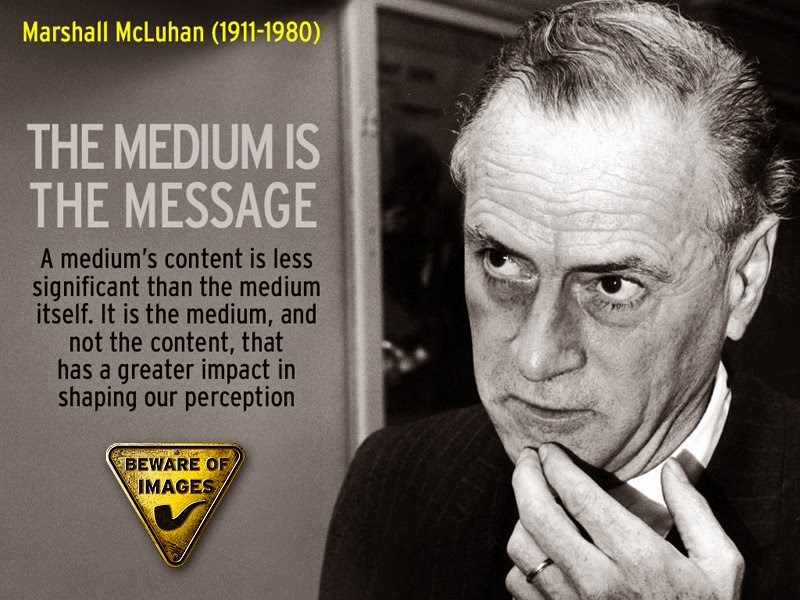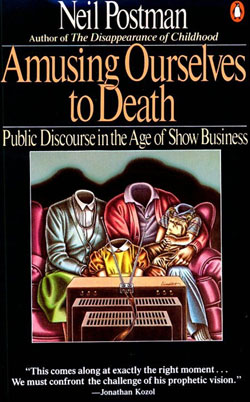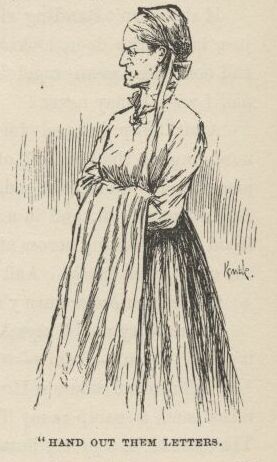Years ago, in a school attic, I came across the Concordia Edition of the Bobbs Merrill Eighth Reader originally published in 1923. Clara B. Baker (Professor, Curriculum and Method, National Elementary College, Chicago), and Edna D. Baker (President, National Elementary College, Chicago) compiled these readings – and A.C. Stellhorn (Executive Secretary, General School Board, Evangelical Lutheran Missouri Synod) revised and adapted the text for use in Lutheran schools.
In his poetic work Christus: A Mystery – Part II. The Golden Legend – Second Interlude (https://www.bartleby.com/356/436.html), Henry Wadsworth Longfellow thinks of Dr. Martin Luther as being at the Castle of Wartburg in 1521 during his temporary “imprisonment,” meditating over the contents of his battle hymn, A Mighty Fortress Is Our God; or, possibly, in the act of composing it. This may be historically correct, though the hymn was not published until 1527.
Note that each stanza of the hymn in Longfellow’s adaptation is followed by a meditation of Luther on what he has written, and how this leads him over to the next stanza. (Pages 18-24 in the Bobbs-Merrill reader) Included at the end are the Study Notes as they are found in the textbook.
A Chamber in the Wartburg. Morning. Martin Luther Writing
Our God, a Tower of Strength is He,
A goodly wall and weapon;
From all our need He helps us free,
That now to us doth happen.
The old evil foe
Doth in earnest grow,
In grim armor dight,
Much guile and great might;
On earth there is none like him.
OH yes; a tower of strength indeed,
A present help in all our need,
A sword and buckler is our God.
Innocent men have walked unshod
O’er burning ploughshares, and have trod
Unharmed on serpents in their path,
And laughed to scorn the Devil’s wrath!
Safe in this Wartburg tower I stand
Where God hath led me by the hand,
And look down, with a heart at ease,
Over the pleasant neighborhoods,
Over the vast Thuringian Woods,
With flash of river, and gloom of trees,
With castles crowning the dizzy heights,
And farms and pastoral delights,
And the morning pouring everywhere
Its golden glory on the air.
Safe, yes, safe am I here at last,
Safe from the overwhelming blast
Of the mouths of Hell, that followed me fast,
And the howling demons of despair
That hunted me like a beast to his lair.
Of our own might we nothing can;
We soon are unprotected;
There fighteth for us the right Man,
Whom God himself elected.
Who is He; ye exclaim?
Christus is his name,
Lord of Sabaoth,
Very God in troth;
The field He holds forever.
Nothing can vex the Devil more
Than the name of Him whom we adore.
Therefore doth it delight me best
To stand in the choir among the rest,
With the great organ trumpeting
Through its metallic tubes, and sing:
Et verbum caro factum est!
These words the Devil cannot endure,
For he knoweth their meaning well!
Him they trouble and repel,
Us they comfort and allure,
And happy it were, if our delight
Were as great as his affright!
Yea, music is the Prophets’ art;
Among the gifts that God hath sent,
One of the most magnificent!
It calms the agitated heart;
Temptations, evil thoughts, and all
The passions that disturb the soul,
Are quelled by its divine control,
As the Evil Spirit fled from Saul,
And his distemper was allayed,
When David took his harp and played.
This world may full of Devils be,
All ready to devour us;
Yet not so sore afraid are we,
They shall not overpower us.
This World’s Prince, howe’er
Fierce he may appear,
He can harm us not,
He is doomed, God wot!
One little word can slay him!
Incredible it seems to some
And to myself a mystery,
That such weak flesh and blood as we,
Armed with no other shield or sword,
Or other weapon than the Word,
Should combat and should overcome
A spirit powerful as he!
He summons forth the Pope of Rome
With all his diabolic crew,
His shorn and shaven retinue
Of priests and children of the dark;
Kill! kill! they cry, the Heresiarch,
Who rouseth up all Christendom
Against us; and at one fell blow
Seeks the whole Church to overthrow!
Not yet; my hour is not yet come.
Yesterday in an idle mood,
Hunting with others in the wood,
I did not pass the hours in vain,
For in the very heart of all
The joyous tumult raised around,
Shouting of men, and baying of hound,
And the bugle’s blithe and cheery call,
And echoes answering back again,
From crags of the distant mountain chain,—
In the very heart of this, I found
A mystery of grief and pain.
It was an image of the power
Of Satan, hunting the world about,
With his nets and traps and well-trained dogs,
His bishops and priests and theologues,
And all the rest of the rabble rout,
Seeking whom he may devour!
Enough I have had of hunting hares,
Enough of these hours of idle mirth,
Enough of nets and traps and gins!
The only hunting of any worth
Is where I can pierce with javelins
The cunning foxes and wolves and bears,
The whole iniquitous troop of beasts,
The Roman Pope and the Roman priests
That sorely infest and afflict the earth!
Ye nuns, ye singing birds of the air!
The fowler hath caught you in his snare,
And keeps you safe in his gilded cage,
Singing the song that never tires,
To lure down others from their nests;
How ye flutter and beat your breasts,
Warm and soft with young desires
Against the cruel, pitiless wires,
Reclaiming your lost heritage!
Behold! a hand unbars the door,
Ye shall be captives held no more.
The Word they shall perforce let stand,
And little thanks they merit!
For He is with us in the land,
With gifts of his own Spirit!
Though they take our life,
Goods, honors, child and wife,
Let these pass away,
Little gain have they;
The Kingdom still remaineth!
Yea, it remaineth forevermore,
However Satan may rage and roar,
Though often he whispers in my ears:
What if thy doctrines false should be?
And wrings from me a bitter sweat.
Then I put him to flight with jeers,
Saying: Saint Satan! pray for me;
If thou thinkest I am not saved yet!
And my mortal foes that lie in wait
In every avenue and gate!
As to that odious monk John Tetzel,
Hawking about his hollow wares
Like a huckster at village fairs,
And those mischievous fellows, Wetzel,
Campanus, Carlstadt, Martin Cellarius,
And all the busy, multifarious
Heretics, and disciples of Arius,
Half-learned, dunce-bold, dry and hard,
They are not worthy of my regard,
Poor and humble as I am.
But ah! Erasmus of Rotterdam,
He is the vilest miscreant
That ever walked this world below!
A Momus, making his mock and mow,
At Papist and at Protestant,
Sneering at St. John and St. Paul,
At God and Man, at one and all;
And yet as hollow and false and drear,
As a cracked pitcher to the ear,
And ever growing worse and worse!
Whenever I pray, I pray for a curse
On Erasmus, the Insincere!
Philip Melancthon! thou alone
Faithful among the faithless known,
Thee I hail, and only thee!
Behold the record of us three!
Res et verba Philippus,
Res sine verbis Lutherus;
Erasmus verba sine re!
My Philip, prayest thou for me?
Lifted above all earthly care,
From these high regions of the air,
Among the birds that day and night
Upon the branches of tall trees
Sing their lauds and litanies,
Praising God with all their might,
My Philip, unto thee I write.
My Philip! thou who knowest best
All that is passing in this breast;
The spiritual agonies,
The inward deaths, the inward hell,
And the divine new births as well,
That surely follow after these,
As after winter follows spring;
My Philip, in the night-time sing
This song of the Lord I send to thee;
And I will sing it for thy sake,
Until our answering voices make
A glorious antiphony,
And choral chant of victory!
STUDY NOTES
Luther’s hymn. Find out just when A Mighty Fortress was written. The New International Encyclopedea gives the date as 1521. When was the hymn first published? How do you like Longfellow’s translation of it? Compare it with the version in your Hymnal and, if you know German, with the original. Longfellow knew the German language, and translated a number of German literary classics.
A Mighty Fortress has become world-renowned. Try to find instances where it was given prominence by Lutherans, or non-Lutherans. Who wrote the melody for this hymn? Do you know that the musical world includes Luther among the prominent musicians of Germany? You may find some evidences of this.
The poem. In what situation is Luther here presented? Was this before or after his heroic stand at the Diet of Worms? By whom and why was Luther held at the Wartburg? Observe how the great dangers which beset Luther at the time, are reflected in the hymn. Does one find any trace of fear in the hymn? Does Longfellow say at any place that Luther feared his enemies? Why was Luther so confident? Who is the speaker in the remarks which Longfellow added to each stanza? Did Luther actually say what the poet places on his lips? If not, whose thoughts and words are they? Was Longfellow a Lutheran? Observe carefully whether he has given the true spirit and faith of Luther. Where did Longfellow get these thoughts? Do you suppose it was necessary for him to have an intimate knowledge of the history of the Reformation?
Things to do. List words and expressions unfamiliar to you, and by the aid of the dictionary find their exact meaning in the poem. List the names of people mentioned in the poem, and tell who they were, or what they had to do with Luther.






